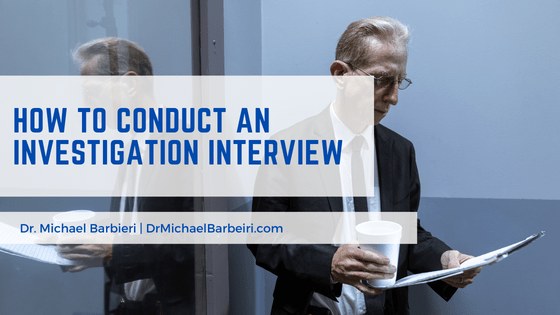In most cases, investigators rely on interviews as the primary tool when gathering evidence. Usually, they rely on statements from the witnesses and the leading players to piece together the details of the incident. However, the investigators must sort through the pieces if the main participants refuse to provide the truth.
The more information you can gather from each witness, the more likely you will be able to determine the exact reasons behind the incident. Following are some interviewing tips that will help you get the most out of your interview.
Remain Objective
As an investigator, your primary goal is to avoid making assumptions. Even if the situation seems straightforward, only make conclusions once you have thoroughly examined all the facts. Doing so will allow you to identify the factors contributing to the incident.
Utilize Open-Ended Questions
One of the most critical factors that you should consider when it comes to conducting an interview is to ask open-ended questions. This method will allow you to gather as much information as possible. However, avoid asking questions that are designed to suggest an answer. Instead, focus on the details of the incident.
Find a Lead
Ask every person you interview if they have any physical evidence related to the incident. If the complaining employee is the main suspect, you should check if other witnesses have seen or heard the incidents. It would be best to ask whether the employees took any notes related to the incident.
Keep it Private
A complaint can polarize a workplace, as workers will likely support either the accused or the complaining employee, and the rumor mill will begin working overtime. If too much information about the investigation gets out, it could damage the alleged victims’ or wrongdoers’ reputations. You should only tell each witness the necessary facts during the interview to minimize these issues.
Prioritize the Facts
Most people need help distinguishing fact from opinion when describing what they have heard and seen. For instance, some witnesses may make statements about the other person’s motives or thoughts as if they are facts. To avoid this, try to separate the chaff from the grain and find the most relevant information.
